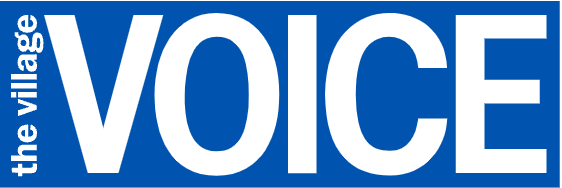
06/28/2022
The Village Voice
By Rebecca Wallace-Segall
In 1997, I interned at the Village Voice for Ron Plotkin, the legendary longtime Letters page editor. Within a few weeks, I was pitching and writing pieces about New York’s culturally rich but marginalized, mistreated, or stereotyped children and communities. I sat behind Ron as he edited, barking questions but also praise at me while teaching journalistic concepts. What I didn’t know at the time: Ron was laying the foundation for a warm but fierce and rigorous instructional teaching method that would impact over 50,000 children in the decades to come. Ron’s kindness, passion for justice and fairness, and high standards live on long after his passing, in 2002.
It is still hard to write about Ron’s death. I returned to the office once afterward; the seat he’d occupied for years sat empty. It was hard to enter the building without hearing his ghost banging passionately at the keyboard. I was 30. My heart hurt from loss. As Joan Didion said in The Year of Magical Thinking, “A single person is missing for you, and the whole world is empty.” I walked around the vibrant Upper West Side, smelling the summer air and taking in the sea of families and children. Their banter and energy filled me with longing. How do I not know a single one of these children? Losing Ron allowed me to ask that question, and I began to look into ways I could connect with children—by asking them the right supportive and challenging questions to unlock their stories. Like Ron did for me.
Read the full article here!









